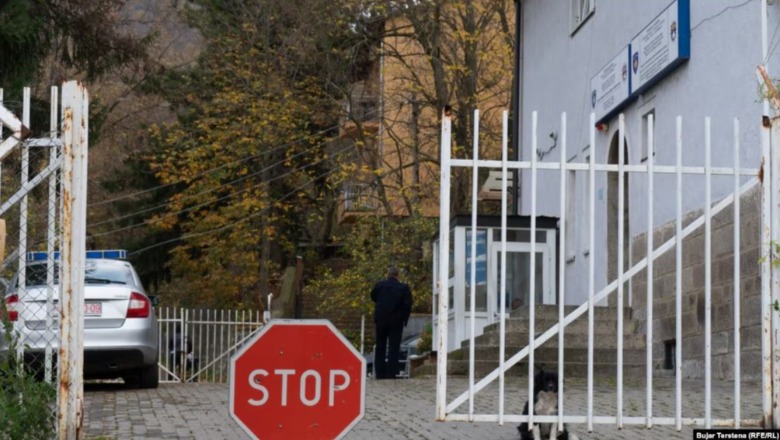Attack on Zveçan police station escalates tensions in Northern Kosovo

Late Tuesday night, unknown assailants attacked a police station in Zveçan, northern Kosovo, throwing two hand grenades into its courtyard, Radio Free Europe reported. The attack caused material damage but left no injuries, according to Kosovo Police.
Why this is important: The attack highlights the ongoing tensions in northern Kosovo, a region predominantly populated by ethnic Serbs who have frequently opposed the Kosovo government’s authority. The incident follows the Kosovo government’s construction of new police facilities in the area, a move vehemently opposed by local Serb representatives and the Serbian government. It adds to a string of crises in the north, including the armed assault on Kosovo Police in September 2023, which resulted in the death of a police officer.
Context: Two days before the attack, Kosovo’s Prime Minister, Albin Kurti, announced the construction of a new police substation in Izvor, Zveçan. During the foundation-laying ceremony, Kurti emphasized the importance of these facilities for security and rule of law in the area. The project is part of a broader initiative that recently saw the establishment of another station near the Bistrica River bridge, a key route to the Jarinje border crossing.
Local Serb leaders have opposed the establishment of these police stations, arguing that they face “pressure and discrimination” from Kosovo Police. Serbian civil organizations have urged the international community to investigate alleged “unprofessional” and “politicized” behavior by Kosovo Police.
Serbian government officials, including Petar Petković, director of Serbia’s Office for Kosovo, condemned the new police facilities as tools of oppression designed to drive out the Serbian population. Petković also accused Kosovo authorities of forcibly altering the ethnic composition of the police force in the region, a claim Kosovo has denied.
Background: Ethnic tensions in northern Kosovo escalated significantly in November 2022, when over 500 ethnic Serb police officers collectively resigned to protest the Kosovo government’s decision to replace Serbia-issued car license plates with Kosovo-issued ones. This vacuum has since been filled by officers from the Albanian majority and Kosovo’s special police units, further deepening mistrust among the local Serb population.
The situation remains fragile, as international observers and NATO’s peacekeeping mission, KFOR, maintain a presence to prevent further escalation. However, with incidents like Tuesday’s attack, stability in northern Kosovo remains precarious.


